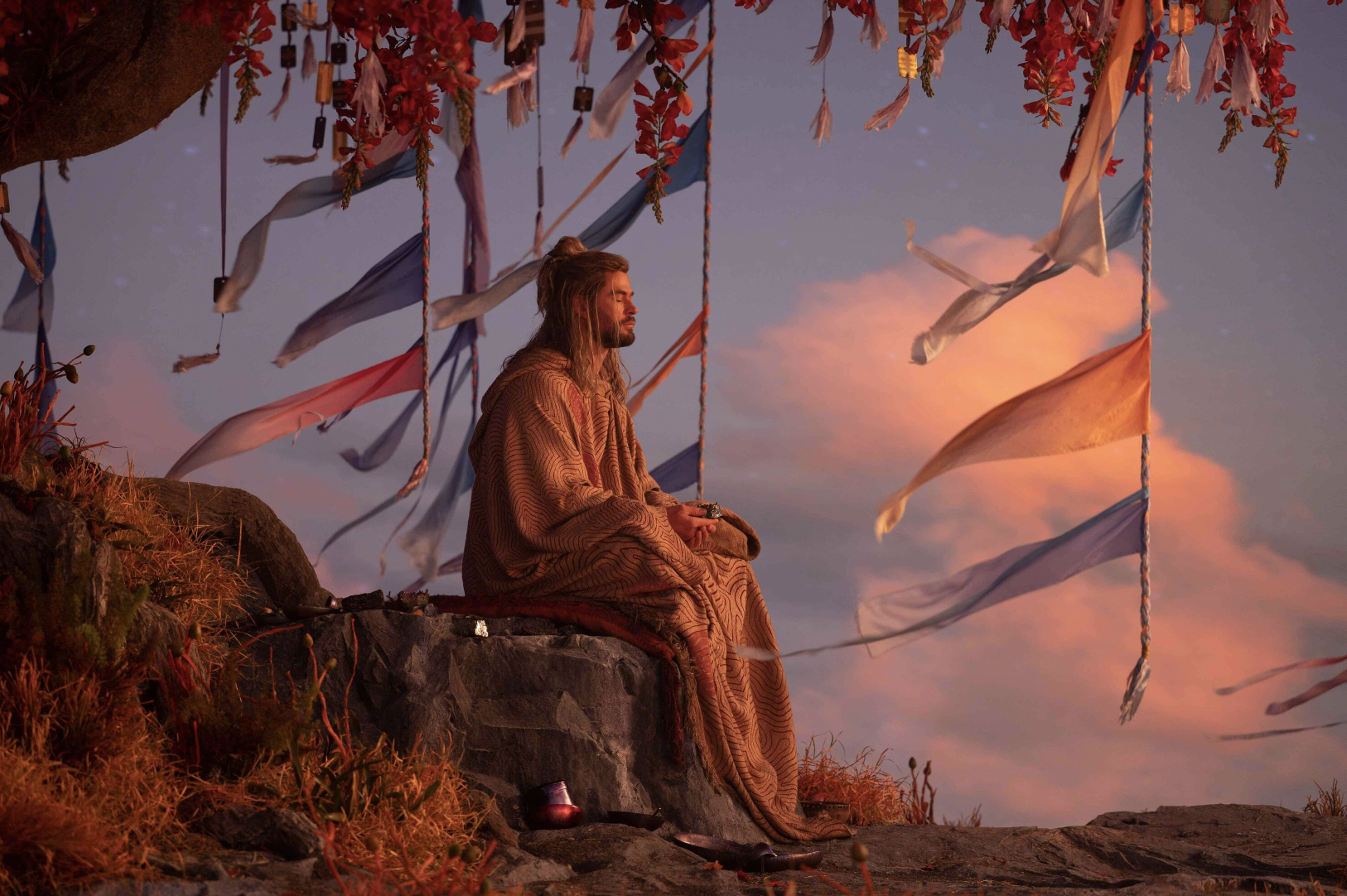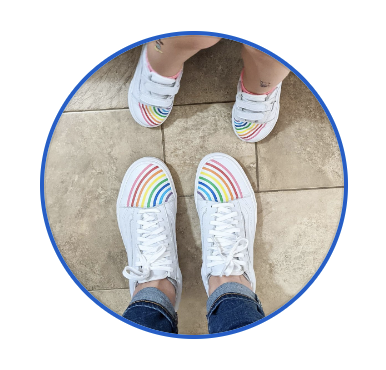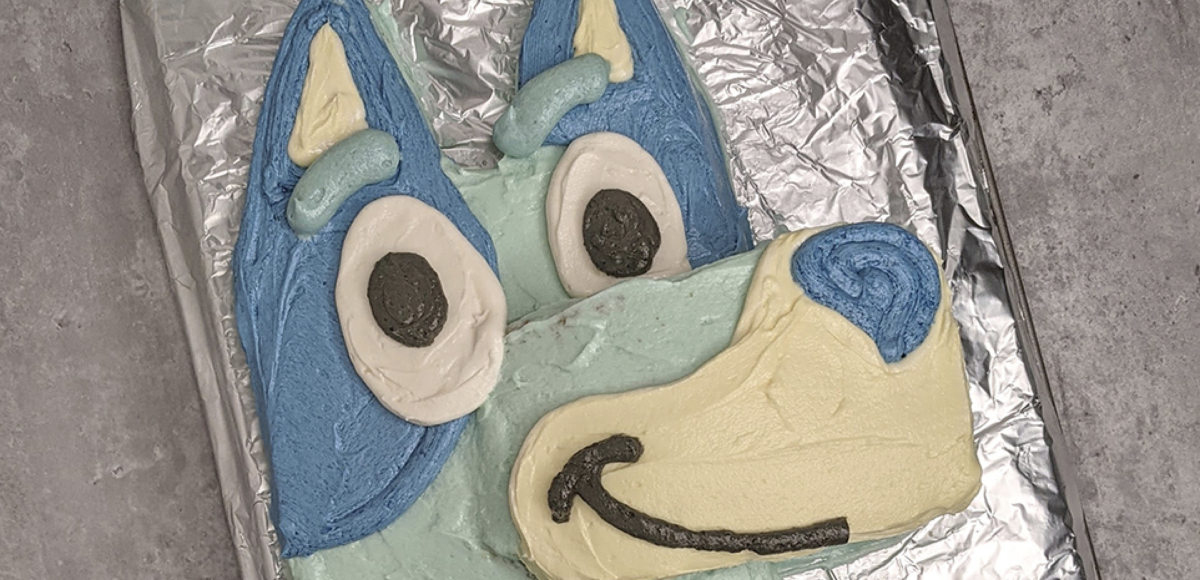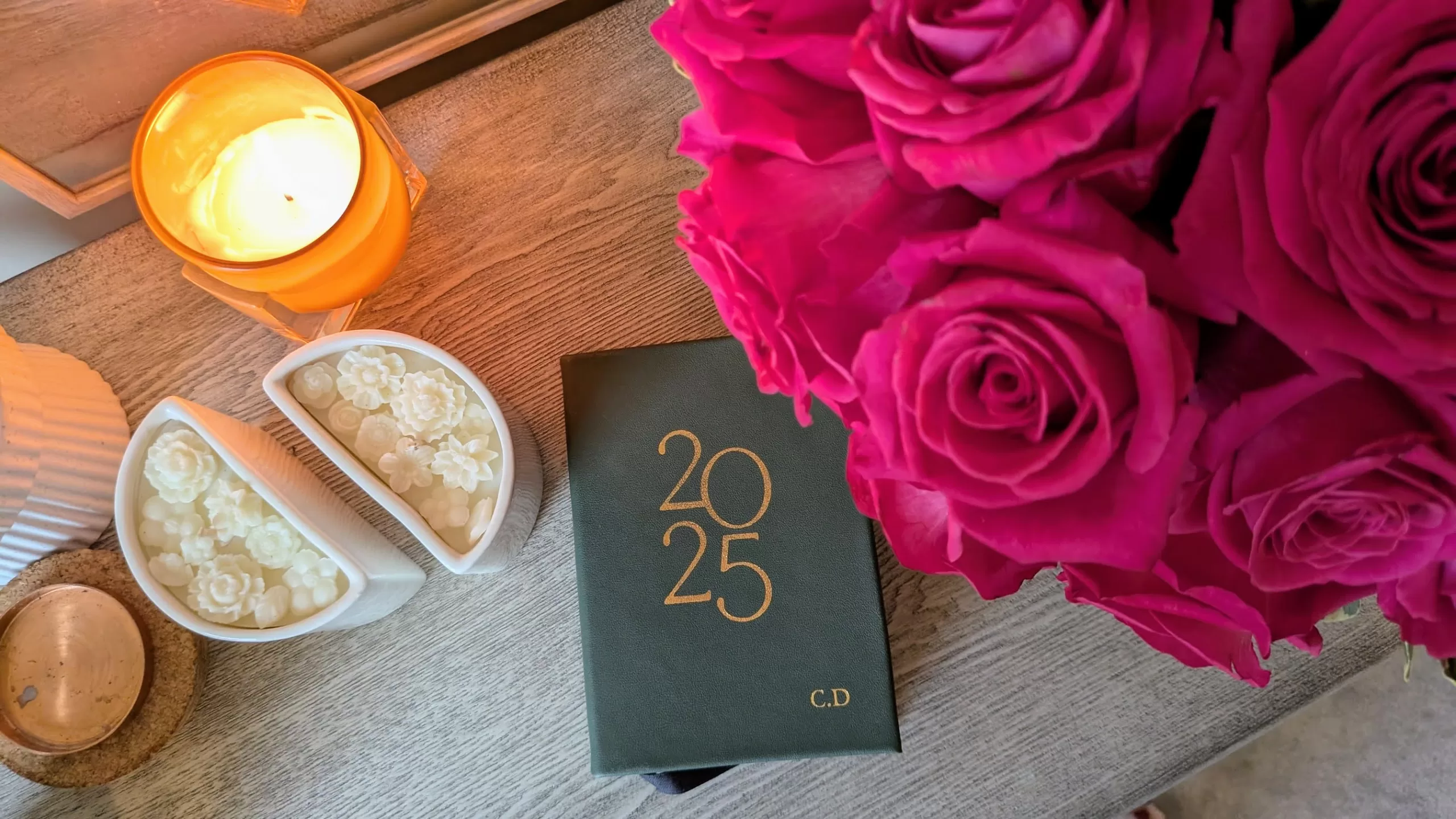This post may contain affiliate links. Every link is hand-selected by our team, and it isn’t dependent on receiving a commission. You can view our full policy here.
Sure, sure, Thor is a god, but I didn’t anticipate having a religious experience while watching the latest Marvel movie. Thor: Love and Thunder is every bit the ridiculous, deliberately over-the-top, ’80s-rocker-glam-inspired action movie, and if you’ve seen a single trailer—or Thor: Ragnarok—that’s exactly what you expect.
And it’s in that sense of comfort, in a feel-good, heavy-on-the-jokes movie, that it sucker punches you and gets you to unpack questions of faith, fear, loneliness, loss and organized religion, all in a tidy, 1-hour-and-59-minute runtime. If you’re gearing up to watch it in theaters or when it hits Disney+ on September 8th, you may want to keep some tissues handy, if you’re anything like me.
*Warning: Spoilers ahead (as you might imagine)*
One of the most powerful stories that ran while I was at Oprah.com was about “unexpected places your pain hides,” and for me, Thor: Love and Thunder turned out to be one of them. Gorr the God Butcher (Christian Bale) is the movie’s villain, but as you watch, you can’t help but empathize with him. He devoted his life to following a god, and no matter how much he prayed, his god didn’t save his daughter from dying. What’s more, when he finally met said god, the deity mocked him, angering Gorr to the point that he killed that god and set off on a path to rid the universe of gods entirely.
Meanwhile, Jane Foster (Natalie Portman) is battling stage four cancer, and the chemo isn’t taking, so she turns to viking legend to see if its magic can help her. The latter provides temporary strength—an escape from her reality, where her weakened body is replaced with a strong, all-powerful version of herself—but it’s just that: a fleeting escape. (And, as she later learns, it actually depletes her strength faster, so her body can’t fight the cancer that’s eating away at her.)

While watching these parallel storylines, I found myself confronted with my own slowly unfurling crisis of faith over the past several years. Suddenly, I could trace the tremors as they appeared: Leaving school in fourth grade and having my best friend run up to me, breathless, warning me that my mom had been crying and told her mom my grandmother had cancer. I remember brushing it off, so confident that we could fight this, and my grandmother would win, and we’d be fine.
A year and a half later, just three days before Christmas, I said goodbye to my grandmother. Lung cancer—or rather, a too-powerful dose of chemo—took her away. No amount of prayers could change that.
About 17 years later, my aunt passed out in a parking lot, only to learn she had a soft tissue cancer that had spread throughout her body. I remembered sitting in the stiff plastic chair at the hospital, watching my niece and nephew crawl on her bed and cuddle with her as we made promises we both knew we couldn’t keep: Yes, it would be so nice to finally go to Stone Mountain this winter. We could see the laser light show! And the snowfall!
We both tried to hide tears as the well-meaning volunteer came in and played a song for us on his acoustic guitar. “What a Wonderful World,” which suddenly felt so bittersweet as we fought to bury the resounding news that she had months left to live.
Again, I was optimistic. We’d fight this. We lost.
I could see how Gorr became so bitter, so abandoned. I could feel Jane’s desperation, her desire to turn to anything that might work and hide her diagnosis from others. The scenes were my own trail of breadcrumbs, leading me back to the pain that’s recently caused me to question my faith, how I comfort others who are grieving and how I, myself, approach my own lack of control in a chaotic world.
I saw how deeply I fear loss, as Gorr grapples with the loss of his daughter—a feeling that’s been magnified 100 times over since I became a parent myself. It also pushed me to confront a dual parenting fear: My own similarly magnified sense of self-preservation, born out of a concern that I need to be there for my daughter to watch her grow up, no matter what it takes. And knowing, soul deep, that tomorrow isn’t promised to me. I only have so much control here.
I had to sit with these fears—of loss, loneliness and a lack of control—and know that they won’t go away, but I am learning to live with them. I can’t force what I want out of this world, though it’s not going to stop me from trying. Or from making the most of every moment I have.




